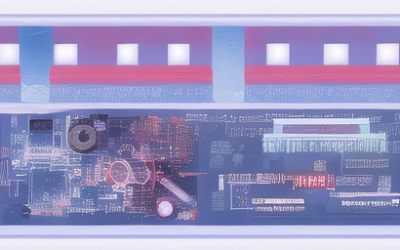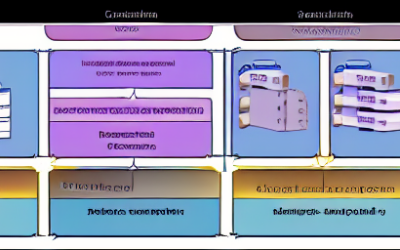.NET Services is a set of web services and tools that helps developers to create, deploy, and manage web applications and services. It provides a platform for building, deploying, and managing web applications and services. .NET Services includes a set of web services, tools, and libraries that helps developers to create, deploy, and manage web applications and services.
Tech Blog
Tech Insights, Information, and InspirationHiring IT Consultants
IT consultants are individuals who provide expert advice and guidance in the area of information technology. Their aim is to help organizations improve their performance by making better use of technology. IT consultants typically have a wide range of skills and knowledge, and are able to provide advice on a variety of topics, including hardware and software, networking, and security. In addition, they may also be able to help with the implementation of new technology, and can provide training and support to staff.
The MERN Stack Guide
The MERN stack is a JavaScript stack for building web applications that consists of MongoDB, Express.js, React.js, and Node.js. MongoDB is a document-oriented database that is used for storing data in JSON-like format. Express.js is a web application framework that is used for building web applications. React.js is a JavaScript library for building user interfaces. Node.js is a JavaScript runtime that is used for running JavaScript code on the server.
The MEAN Stack Guide
The Mean stack is a web development stack that includes the MongoDB, Express.js, AngularJS, and Node.js frameworks. It is a full-stack JavaScript solution that helps you build fast, scalable, and maintainable applications. The Mean stack is a great choice for building dynamic web applications that require a fast and responsive user interface.
Business Management Software
Business management software is a type of software that is used to manage the various aspects of a business, such as finances, operations, inventory, customer relations, and human resources. It helps companies streamline their processes and operations, improve efficiency, and increase productivity.
Software Architecture
Software architecture is a high-level structural design of a software system. It partitions the system into subsystems and defines the relationships between them. The aim of software architecture is to facilitate understanding, development, evolution, and reuse of a software system.
Programming Trends: Languages, Frameworks, Future
There are always new trends in programming, as the field is constantly evolving. Some of the latest trends include functional programming, declarative programming, and concurrent programming.
Custom Software Solutions
Custom software solutions are designed to meet the specific needs of a customer or business. They are created to solve a specific problem or address a specific need that is not met by off-the-shelf software.
Web Scale IT
Web scale IT applications are those that are designed to be able to handle very large amounts of data and traffic, often by using a distributed architecture. Some common examples of web scale IT applications include search engines, social networking sites, and e-commerce platforms.
Supply Chain Management (SCM) Software
Supply chain management software is a type of business software that helps organizations manage and streamline their supply chain operations. This includes managing inventory, orders, warehouse and transportation operations, and more. The goal of supply chain management software is to help businesses optimize their supply chain operations and improve their overall efficiency.
Get In Touch
UseTech Design, LLC
TROY, MI • BLOOMFIELD HILLS, MI
Call or text +1(734) 367-4100










